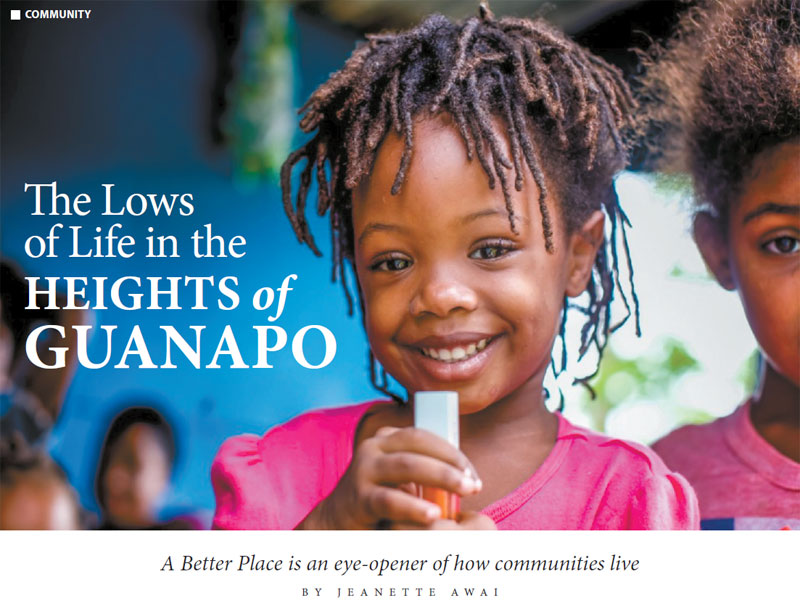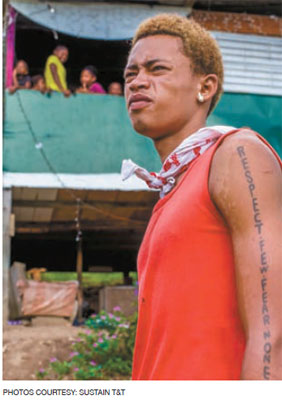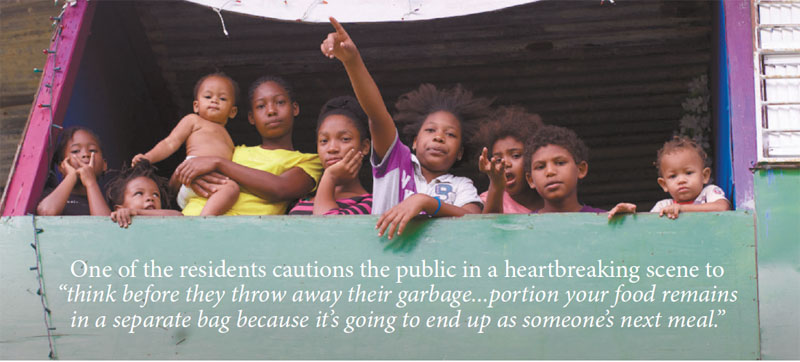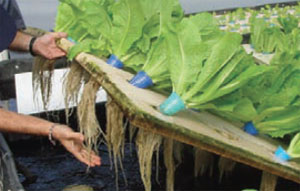
On November 2, Green Screen – The Environmental Series celebrated their fifth anniversary under the theme together, with a Benefit Launch and debut of their film, A Better Place – a documentary in five parts produced by Carver Bacchus, Managing Director of Sustain T&T and directed by award-winning filmmaker Miquel Galofré. In his introductory speech, Bacchus described the film as a “creative artifact and testimony of sustainability and creativity.”
Indeed, the film diverges from traditional documentary genre expectations by using local artists and musicians to guide the stories of five community-based organisations as they affect diverse areas throughout Trinidad. According to Bacchus, “the music is the foreground and not the background.” In addition to having their unique soundtrack, each featured organisation was supported by the Global Environment Facility’s Small Grants Programme (GEF-SGP) which was implemented by the United Nations Development Programme (UNDP).
The film opens in the heights of Guanapo showing members of the community rummaging through a dump site. It’s an unfamiliar scene to The UWI’s Department of Chemistry and Veterinary Science whose members have been involved with the UNDP GEF-SGP Science Education as a Climate Change Resilience Strategy (SECCRS) project since 2014.
 A Better Place centers on the Aquaponics (a system combining aquatic animals such as fish in tanks with plants in water wherein, the fish waste produced acts as a food source for the growing plants, and the plants in turn, provide a filter for the water the fish live in) portion of the project – an offshoot of their work with The UWI-Trinidad and Tobago Research and Development Impact (TT-RDI) Fund facilitated project. Led by Dr. Denise Beckles the project determined the extent of contaminants from landfill in the air, soil and water. Members of the Heights of Guanapo community were not only trained to use aquaponics to avoid soil and water contamination from the landfill, but also a portion of them were used as mentors to teach in The UWI After-School Care Centre’s (ASCC) Children’s Discovery Workshop that took place in August. A Better Place centers on the Aquaponics (a system combining aquatic animals such as fish in tanks with plants in water wherein, the fish waste produced acts as a food source for the growing plants, and the plants in turn, provide a filter for the water the fish live in) portion of the project – an offshoot of their work with The UWI-Trinidad and Tobago Research and Development Impact (TT-RDI) Fund facilitated project. Led by Dr. Denise Beckles the project determined the extent of contaminants from landfill in the air, soil and water. Members of the Heights of Guanapo community were not only trained to use aquaponics to avoid soil and water contamination from the landfill, but also a portion of them were used as mentors to teach in The UWI After-School Care Centre’s (ASCC) Children’s Discovery Workshop that took place in August.
The idea of living in proximity to a landfill while depending on it for your daily livelihood may seem like a farfetched concept to some, but this is the reality of the Guanapo resident and the film captures their unfiltered stories of hardship. One of the residents who also served as a mentor for the ASCC Children’s Discovery Workshop cautions the public in a heartbreaking scene to “think before they throw away their garbage...portion your food remains in a separate bag because it’s going to end up as someone’s next meal.”
Dr. Carla Phillips, lecturer at The UWI School of Veterinary Medicine (UWI-SVM) serves as the SECCRS project representative in the film and says that seeing herself on screen was “rewarding to make the public aware of the role that the aquatic veterinarian can play in food security and community development.”
She feels the film’s only drawback is the omission of the aquaponics systems’ products. “At no point did the audience see the animals that fueled the system or the many plants that were actually derived from the system to show that the repurposed materials we used actually did work well.”
Overall however, Dr. Phillips says she is hopeful that the film will enable wider audiences to recognise the value in recycling, repurposing and reusing materials to reduce the waste produced per capita; consider aquaponics as a viable and inexpensive option in subsistence level farming and home gardening and perhaps, most importantly recognise that out of hardship great things can be achieved.
SECCRS Project Team Leader, Dr. Leonette Cox of The UWI’s Department of Chemistry advocates the use of projects to change communities. She advises that “a good project to submit for funding is one that has impact long after the project closes. The RDI funds projects with a research agenda, but I think it is important to clearly articulate who the project impacts. Staff members submitting projects to the RDI-fund or even the GEF-SGP should make sure that their heart is in whatever project they choose. The in-kind contributions and the effort that go into making these projects successful greatly outweigh the monetary contribution from the funders.
Dr. Cox wants to raise awareness of the plethora of project grants available at The UWI St. Augustine Campus, “It is not widely known that the University holds multiple GEF-SGP funded projects. Also, there are GEF-SGP planning grants up to US$5000 available to help get organisations started on projects that may qualify for full funding.”
The documentary highlights the human element behind community outreach proposals while showing how real change can be effected through recognising a need, seeking practical solutions and coming together to find funding through grants such as GEF-SGP so that we can indeed make the world a better place. In the words of director, Miquel Galofré, “Communities have heroes and I’m happy you can see for yourself, how beautiful you are.”

 
The aquaponics project in Guanapo has engaged the attention of the Tunapuna/Piarco Regional Corporation. Several councilors from surrounding areas have visited and agreed to maintain the Guanapo demonstration site. They have also requested that demonstration systems be set up in other TPRC burgesses. The project team and trained Guanapo facilitators are ready to assist with propagating the aquaponics project in other areas. The project will also continue with a series of proposal writing and project leadership workshops to assist the Guanapo Community Environmental Development Organization and other NGOs to win funding and execute their project ideas.
Jeanette G. Awai is a freelance writer and marketing and communications assistant at the Office of Marketing and Communications |





